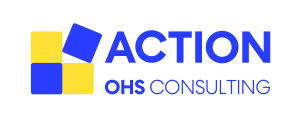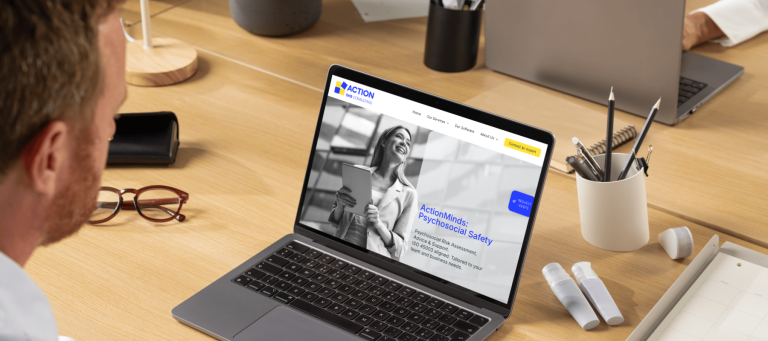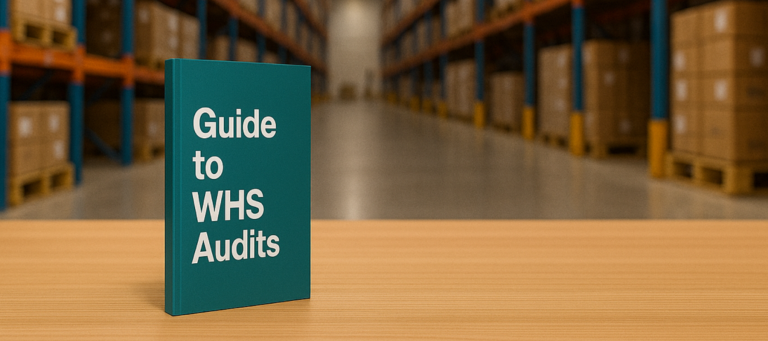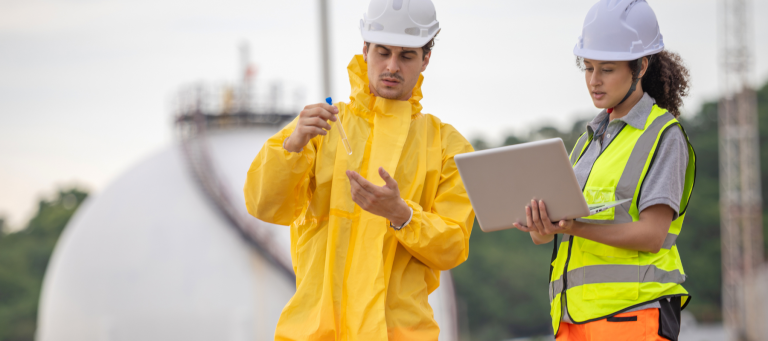After a challenging period as a result of the COVID-19 pandemic, most industries across the country are now emerging from lockdown and getting back to a relative kind of normal. From a workplace perspective, many organisations have been able to reset and re-establish their operations by working with the guidance provided by governments, peak industry bodies, and safety regulators.
To keep workers and customers safer against the pandemic and allowing businesses get back on track, the focus has certainly been on being proactive. Organisations have assessed known risk areas, implemented control methods, and both established and documented clear OHS policies and procedures. Importantly, they have identified ways to support safety-related information flowing through to workers, often realised via an increase in team meetings or the roll out of cloud-based solutions.
However, in the chaos of the last year and with so many ever-changing COVID-19 related rules to follow, many of us may have inadvertently forgotten about our overall OHS safety program. Do you even remember the last time you reviewed any of your workplace OHS policies, or audited operational practices that weren’t COVID-19 related?

The pandemic certainly brought attention to the value of the OHS industry as a whole, and helped to show how important it is to have clear and concise protocols for employees to follow in a crisis. But now it is time to leverage the outstanding work we have all achieved in the health and safety space in our workplaces and move the focus to areas we may have been neglecting over the past year, with the COVID-19 response taking up more attention.
Don’t just limit your focus to what has fallen to the side as a result of COVID-19.
With a newfound confidence in the management of COVID-19, businesses are now encouraged to extend their lens to hazards and risks that may have been historically ignored. Pay attention to those hazards and risks that have previously been viewed as “too hard” to manage, or those hazards and risks that businesses have ignored as they were not sure what effective management could look like, or how change could be implemented.
Now is the time to seize the moment. Now is the time to consider the shortfalls in your OHS safety management system. It’s time to reassess your priorities and look under the hood.
Here are some considerations to bear in mind when assessing the health of your overall OHS safety program:
Go back to the beginning
Firstly, refer back to your pre-COVID-19 safety program documentation and think about what your priority areas were then. What has changed? What challenges or focus areas remain the same and which ones are now different?
As workplaces push on and operate in a new kind of normalcy – and with employees performing their roles in a variety of new ways and in a range of locations – what else besides COVID-19 do we need to focus upon to ensure our employees are safe from other workplace hazards and risks?
No doubt many areas of your program will have changed and need to be updated since the onset of the COVID-19 pandemic. Additionally, you may also likely to be faced with similar safety challenges as you experienced pre-pandemic. Work through these carefully.
It’s important to plan to ensure your highest priority, or greatest consequence hazards, are addressed. Ensure your safety program remains relevant, and that it reflects your actually workplace activities. When your safety program reflects the work ‘as done’, it will do its job in supporting the safety function across your organisation, long past COVID-19.
Break it down into small projects
Consider breaking down your requirements into smaller projects or short-term pieces of work to make them more manageable. Could you make a business case for more resources, funding and/or professional safety support to assist you in addressing certain areas of your safety program that have been neglected?

The onboarding of specialised OHS consulting staff for short-term project work, as opposed to hiring full-time staff in safety-focused roles, can be an affordable way to tackle your priority projects. They can help shine a light on the key areas of focus that will keep your workplace safe and healthy.
Action OHS Consulting offers this type of support. Consider reaching out to find out more about the short and long-term secondment consulting services that we offer.
Pitch it to management the right way
Your management team will no doubt have recognised the importance of an effective health and safety program, and the implementation of OHS procedures throughout the pandemic.
In many cases, the pandemic has been a catalyst for our understanding of why OHS safety programs are important to the overall functionality of your business. So leverage it for better safety practices at your work.
When you are seeking more resources or funding for your safety program, it’s likely management will want to see the value of the investment. This can be demonstrated by explaining how the work ties into broader business goals, and by defining the return on investment.
When pitching for more resources or funding, consider different ways to frame your case. For example, does your business have a focus on returning productivity to pre-pandemic levels, or ascending to a higher level? Do you want to build employee morale after a challenging period of change? Or do you need to focus on improving systems and processes to support efficient ways of working?
All of these are opportunities for you to make a case for funding or resourcing pieces of your OHS program. Support from your management is essential for these goals to be achieved in one way or another.
If you’re not sure where to start, please feel free to contact us, and discuss further with one of our consultants.
Keep your employees front of mind
While COVID-19 will remain an important focus in our workplaces for some time to come, this doesn’t mean we can be ignorant of other hazards and risks that may exist. Some aspects of how we approach our work have significantly changed. However, protecting the health and safety of colleagues will always be the focus.
Our employees are the lifeblood of our organisations and without them, there would be no business, no workplaces. So take the time now to review your whole OHS program, not just the policies and procedures relating to COVID-19. Consider integrating your COVID-19 measures into your OHS program as a whole if you haven’t done so already.

The key is to not lift the focus from your COVID-19 policies and procedures but to turn your attention to other just as important aspects of your program to ensure that whatever may arise in your workplace, you and your employees are ready to face it.
Find out more about how Action OHS Consulting can help give your safety program a health check here.






